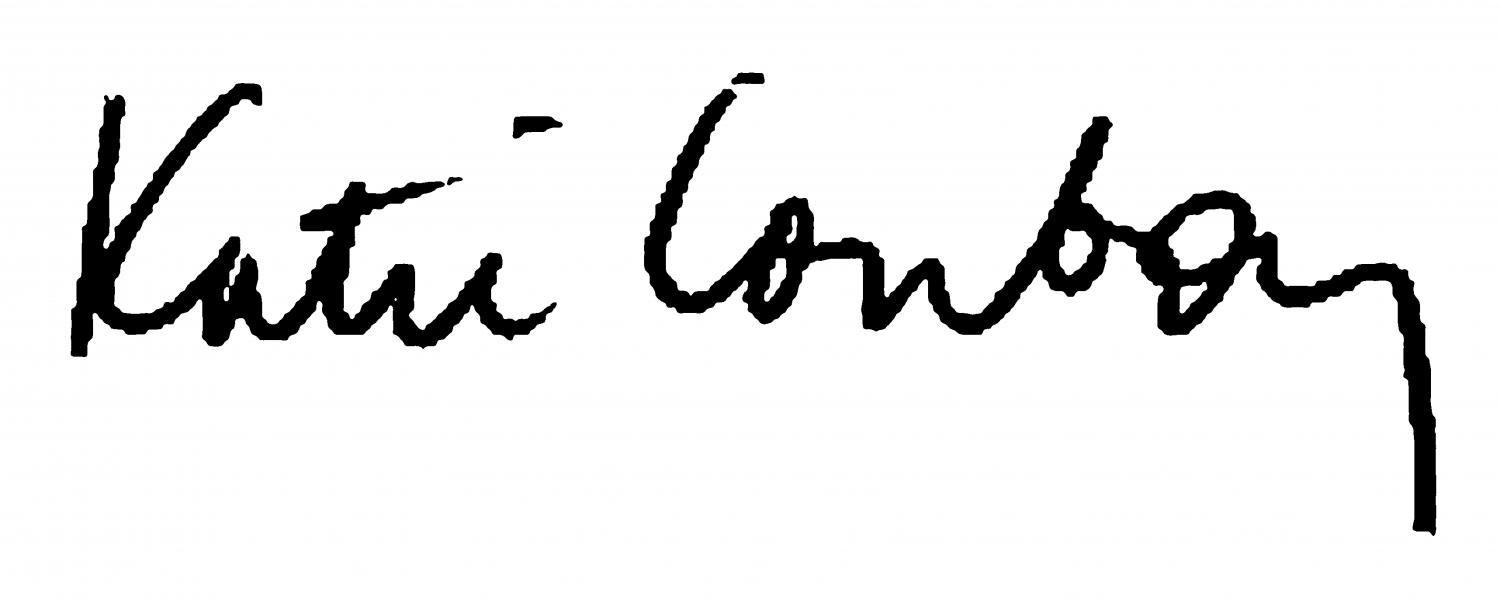Upon Reflection

The very words upon reflection suggest looking back: considering, contemplating, musing…often nostalgically. But I’m sure many of you will agree that it is good to have 2020 in the rearview mirror, and we may not be able to remember much of it with the kind of wistful sentimentality that marks the end of many years. We may simply want to look forward.
In my family, we have a 20-year tradition of ringing out the old year with our “Top Ten.” Along with our three daughters, my husband and I write down on strips of paper our personal “Top Ten” events or experiences or moments of the last year. We go out for breakfast and toss all 50 entries into a hat, and while we order, wait, eat, and relax over endless cups of coffee, we go around and around and around the table from youngest to oldest, drawing a strip from the hat, reading someone else’s special memory, and then listening while the author describes what made the event so special. In December of 2020 we kept our tradition via Zoom. The whole process is always an exercise in gratitude—and, frankly, a welcome substitute for the self-improvement focus of most new year’s resolutions.
At the turn of this most unusual year, I find myself thinking a lot about Naomi Shihab Nye’s poem “Burning the Old Year.” In it, the poet envisions throwing some of the immediate past into a fire: “So much of any year is flammable, / lists of vegetables, partial poems.” She acknowledges that in the “flame of days,” “so little is a stone.” But her perspective is not destructive. She imagines how the act of burning makes room for something new: “Where there was something and suddenly isn’t, / an absence shouts, celebrates, leaves a space.”
And that is how I approached 2021. Yes, I drew up a list of ten special experiences even from the bleakness of 2020—many of them involving my first seven months as President of Saint Mary’s College. This past year—one of disappointments and cancellations—still yielded its share of blessings, not the least of which involved simply surviving with our spirits intact. The new year will be better.
It has to be better! Nye ends her poem reflecting that “only the things I didn’t do /crackle after the blazing dies.” By necessity, we all left a lot undone in 2020. In 2021, we have the chance, as Nye’s poem reminds us, to “begin again”—to see by the light of the old year’s dying fire all that is possible ahead. Nye marks the turning of the calendar with a “Quick dance,” a “shuffle of losses and leaves.” A new year invites each and all of us to step into the space of celebration that the poet describes, to join that dance. I’ve laced up my dancing shoes. Have you? I’m linking arms with the spirits of Saint Mary’s past and Saint Mary’s future and stepping boldly forward. Let’s spark the flame.
Let’s dance!

Katie Conboy, Ph.D.
President
